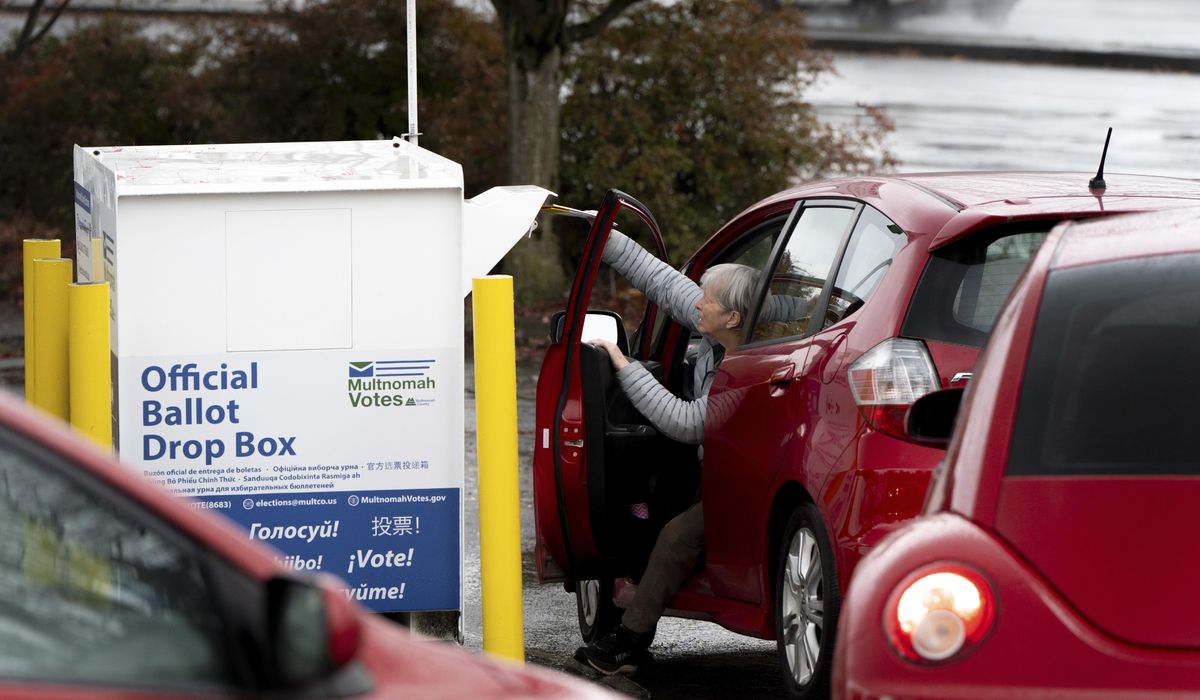ARTICLE AD BOX
The White House and lawmakers celebrated Saturday’s release of Keith Siegel, who was part of the third hostage exchange since the ceasefire between Israel and Hamas began.
Mr. Siegel, 65, was released with two other hostages to the Red Cross as part of the agreement that was struck on Jan. 19. In total, the ceasefire deal between the Jewish state and the terrorist organization allowed for 33 hostages to be freed in exchange for roughly 2,000 Palestinian prisoners.
“Today, Americans celebrate the return of American-Israeli citizen Keith Siegel and two Israelis who were held captive by Hamas terrorists since October 7, 2023,” White House press secretary Karoline Leavitt said. “President Trump and his administration have worked diligently to secure their release and are committed to freeing all remaining hostages.”
Mr. Siegel and his wife, Aviva, were captured from the Kfar Aza kibbutz. She was released after 51 days in captivity during the tenuous 2023 ceasefire.
Lawmakers from Mr. Siegel’s native North Carolina lauded his release.
Sen. Ted Budd, North Carolina Republican, cheered Mr. Trump’s role in the deal that was struck a day before his inauguration and in the waning hours of former President Joe Biden’s term in the White House.
“Thank you to [President Trump] for delivering the decisive pressure that brought us to this day,” Mr. Budd said on X. “I would also like to thank the U.S. State Department and intelligence community, as well as the governments of Israel, Egypt and Qatar, for their efforts.”
He added, “I remain committed to securing the release of the remaining hostages in Gaza, especially the six Americans. They must not — and will not — be forgotten. I will continue to work to bring the terrorists who committed these acts to justice for their heinous crimes.”
Among the six, Sagui Dekel-Chen is expected to be let go this month, while Edan Alexander’s release is contingent on whether Israel and Hamas reach an agreement for the second phase of the ceasefire.
The deal is parsed out into three phases. The first would see an exchange of 33 Israeli hostages for Palestinian prisoners while Israel begins to withdraw from large cities in Gaza and allows civilians to return and humanitarian aid to flow.
The second phase would see more hostages released and an agreement from Israel to end the war.
The third phase would bring an end to the war, the transfer of bodies from both sides, the withdrawal of Israeli soldiers from Gaza and the reconstruction of the area.
The bodies of four Americans — Etay Chen, Omer Neutra, Judi Weinstein and Gadi Haggai — killed in the Hamas rampage would be released during the third phase.

 4 months ago
106
4 months ago
106








 English (US) ·
English (US) ·